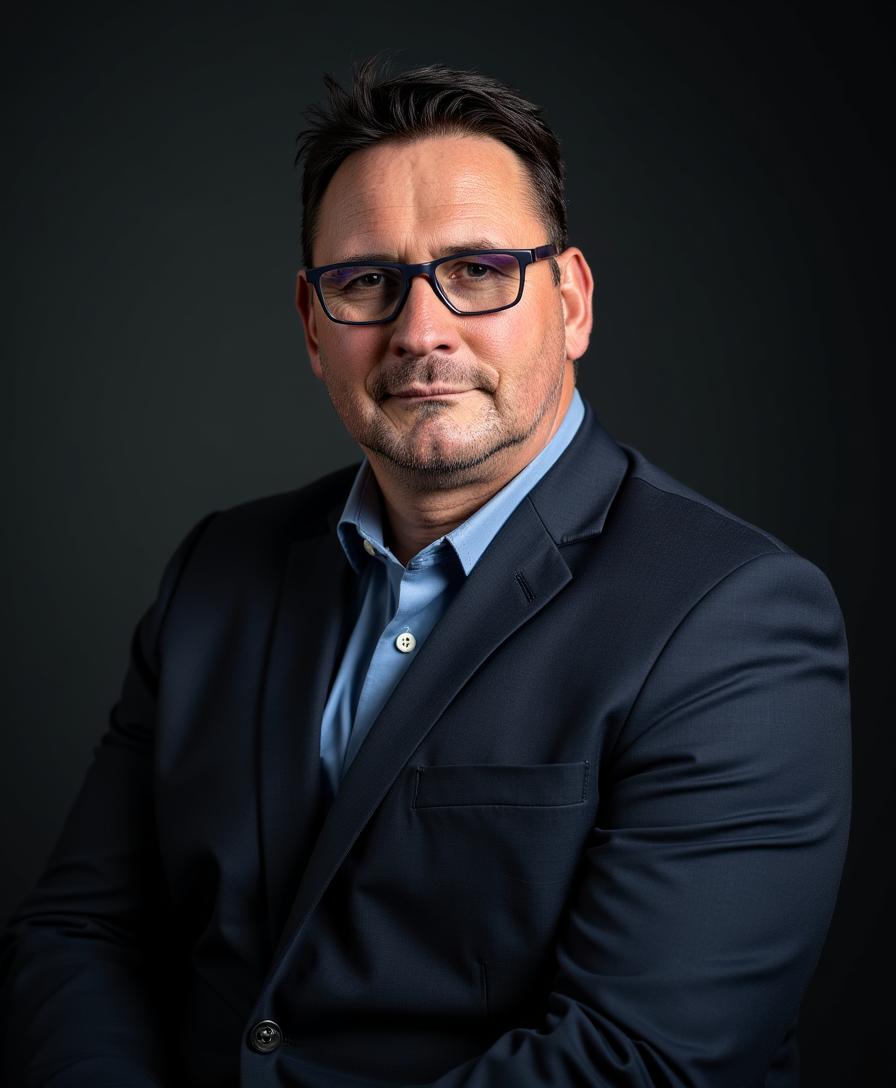The Quiet Destruction of Shame
- Dr. Johan Slabbert

- Oct 20, 2025
- 2 min read

I’m in Betty’s Bay this weekend while my youngest son, Andreas, takes part in a personal development mountain retreat, a mini heart quest of his own InVia Stellenbosch . We decided to stay nearby as a family to support Andreas and to make some new memories together.
This morning, as dark clouds gathered over the mountains, I was reminded of how many people quietly live beneath similar clouds within. The shadow of shame. That deep voice whispering “I’m not good enough” that drives so many to believe they must earn love through constant giving, performance, or achievement.
It’s a quiet suffering, but one that shapes much of our human story.
Shame is a silent, invisible killer of the human soul.
It doesn’t explode like anger or scream like fear but often whispers in the background, quietly dismantling your confidence, ability to love and have connection.
Shame is proximate to death. It can be equated to a slow, passive suicide, the gradual withdrawal of one’s life force. When shame takes hold, people begin to hide. They bow their heads, shrink from light, and wish to be unseen. The fear of losing face becomes stronger than the longing to live truthfully.
This is not weakness. Shame is a conditioned mindstate - NOVEXA.
From early childhood, many of us were taught that our worth depended on performance, perfection, or approval. When those conditions failed, shame took root. Over time, it shaped our personalities and the way we think, behave, and even the way we love. Left unaddressed, it can evolve into neurosis, self-sabotage, and often manifest as a physical illness.
Shame-based individuals often become perfectionists, driven, hypervigilant, intolerant of mistakes, not so much out of pride, but out of a deep fear of exposure. In the organisation and the larger society, this collective shame becomes dangerous and destructive. It manifests as moral superiority, judgment, and projection. People unconsciously throw their own shame onto others, often justifying cruelty in the name of righteousness.
Shame is heavy energy.
In the field of consciousness, it pulls is downward like a psychic gravity that suffocates joy and distorts our identity.
It blinds us to God’s gaze of mercy and love, often making us believe we are unworthy of His grace.
Healing begins when we bring shame into the light.
When we speak it, name it, and allow compassion to hold it.
Through therapy, coaching, and spiritual direction, holding the space for the Creator to work directly in His creature, shame can be transmuted not by fighting it, but by allowing God’s love to dissolve its hold.
Shame thrives in the dark and in secrecy.
Freedom begins in the light and in honesty.
Blessings
Johan Slabbert


Comments